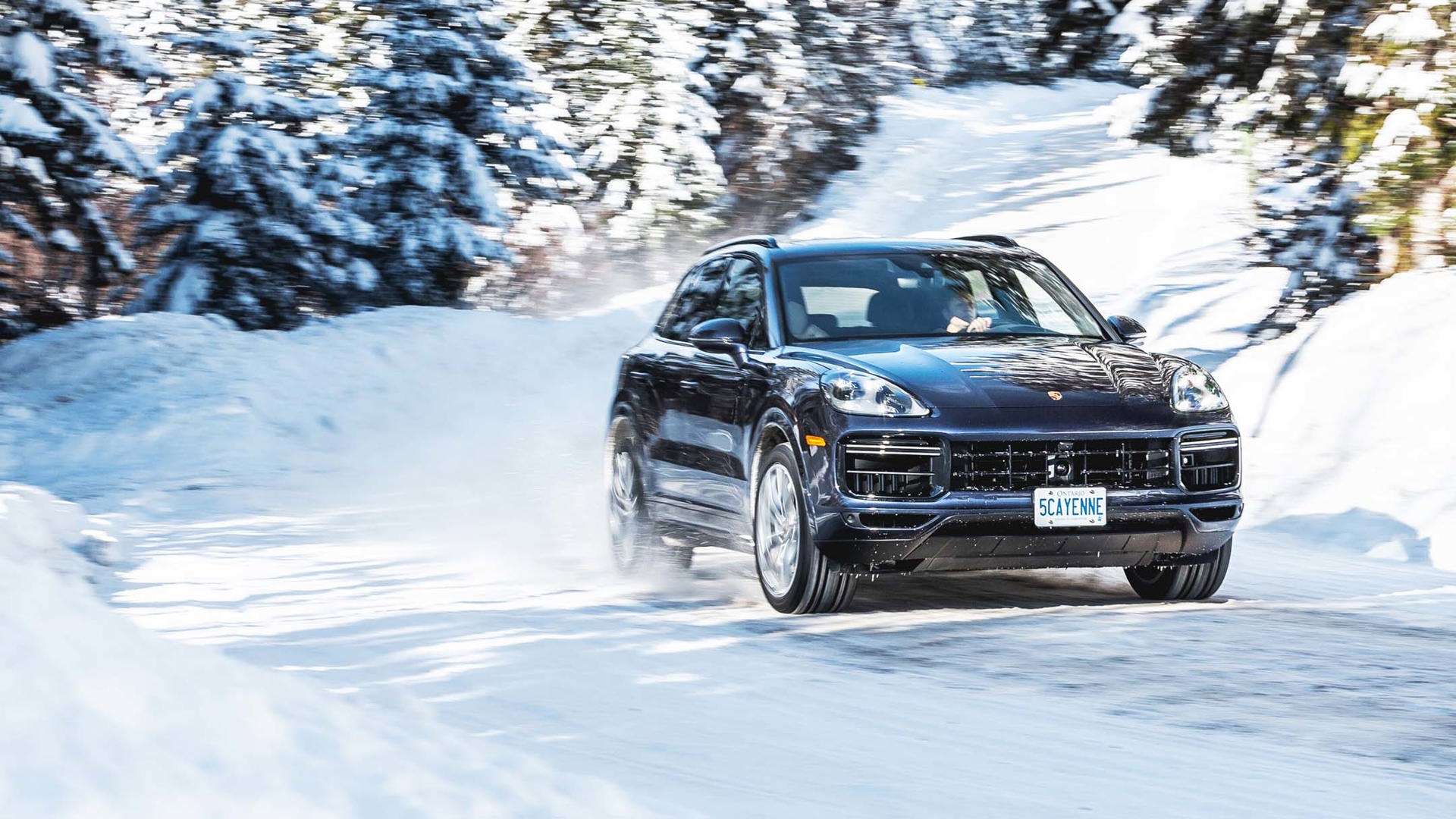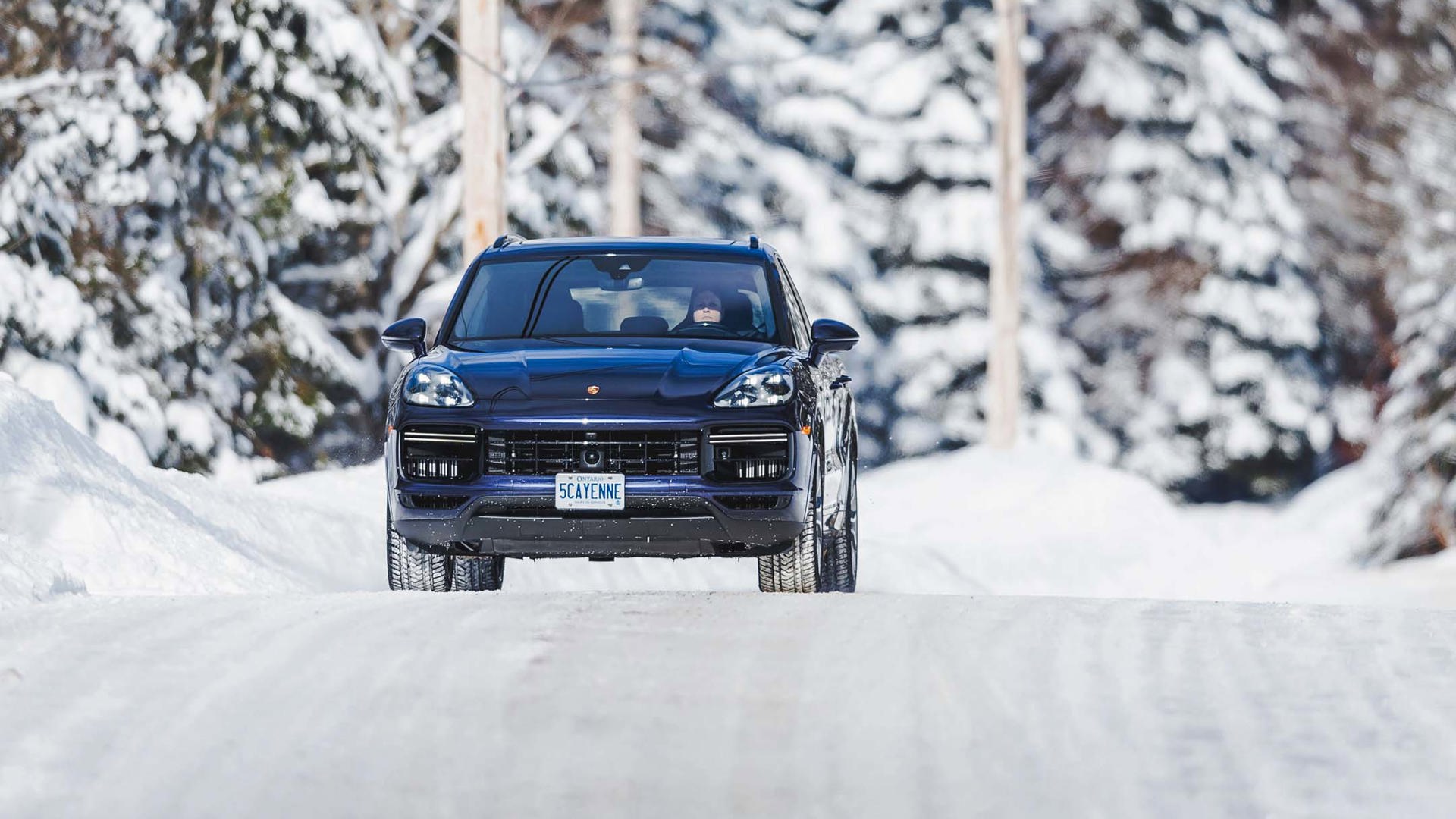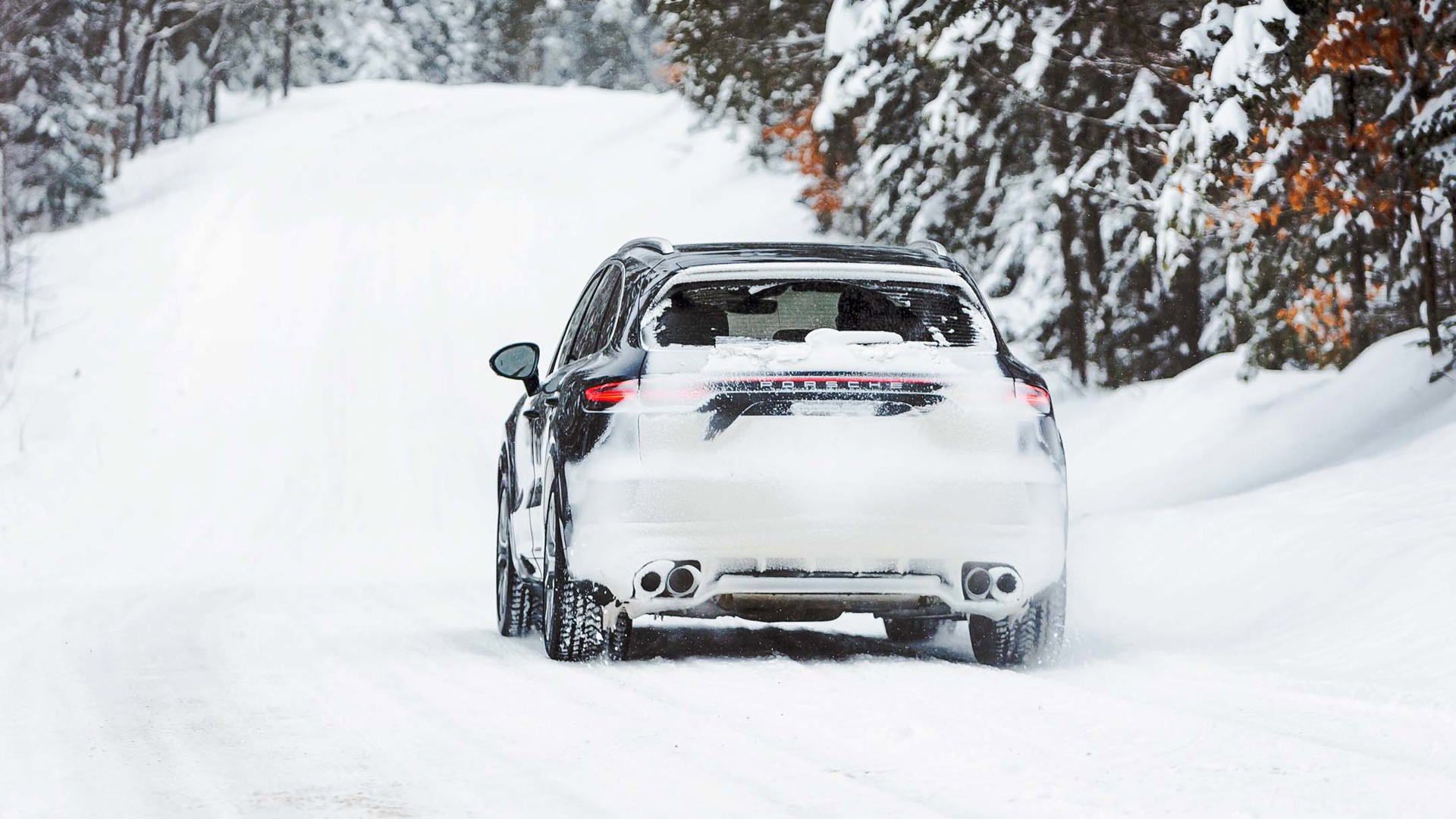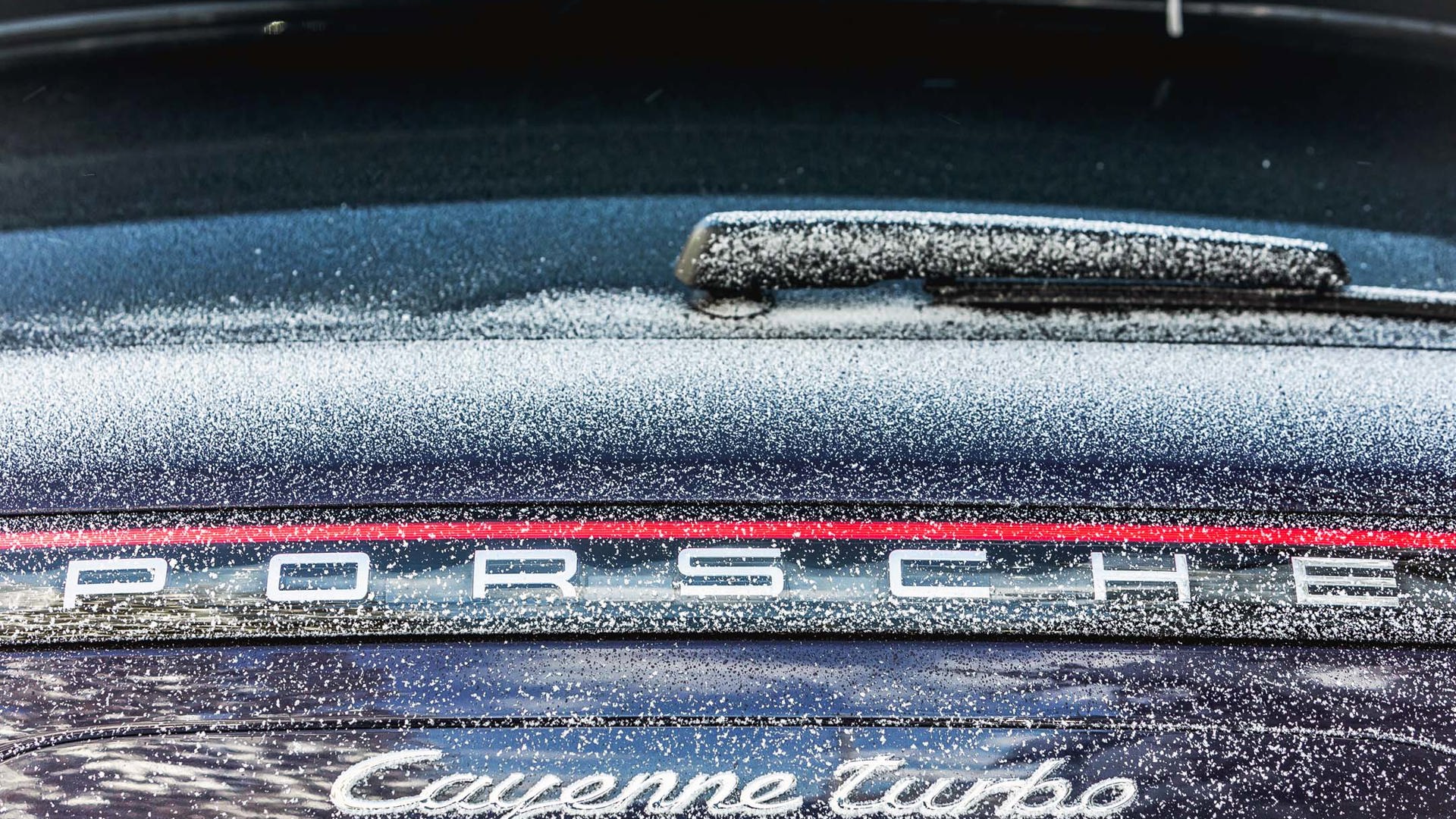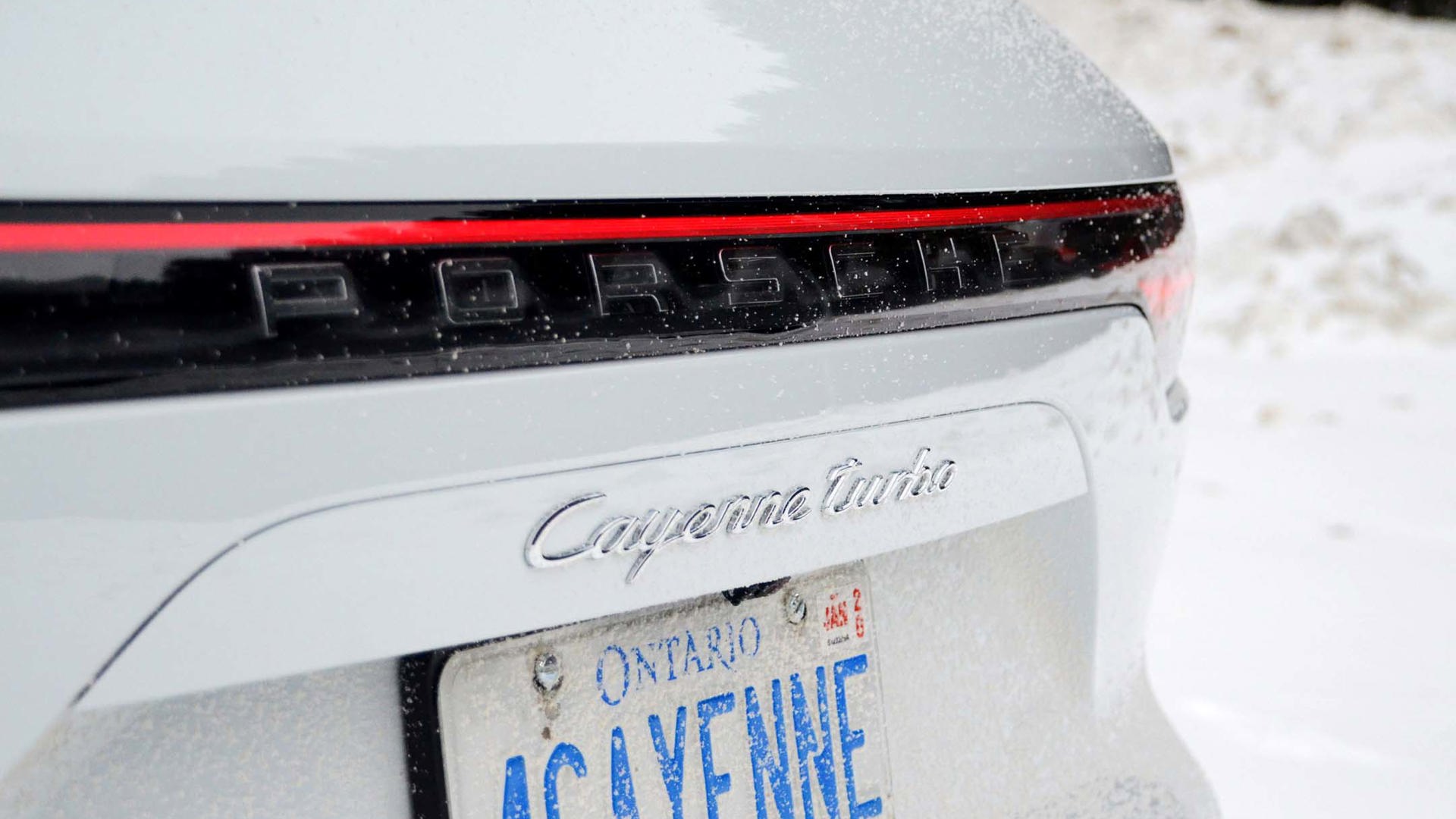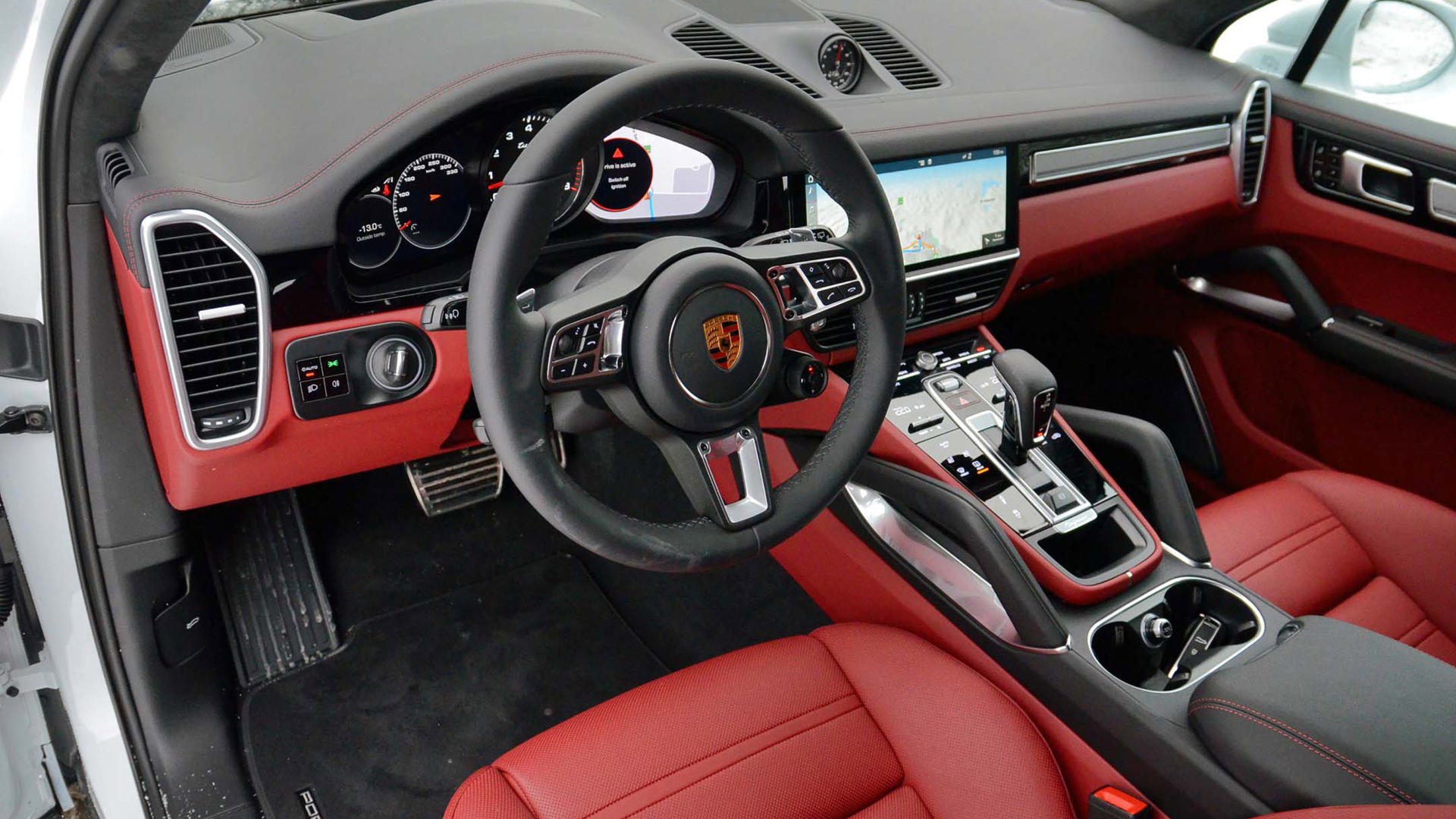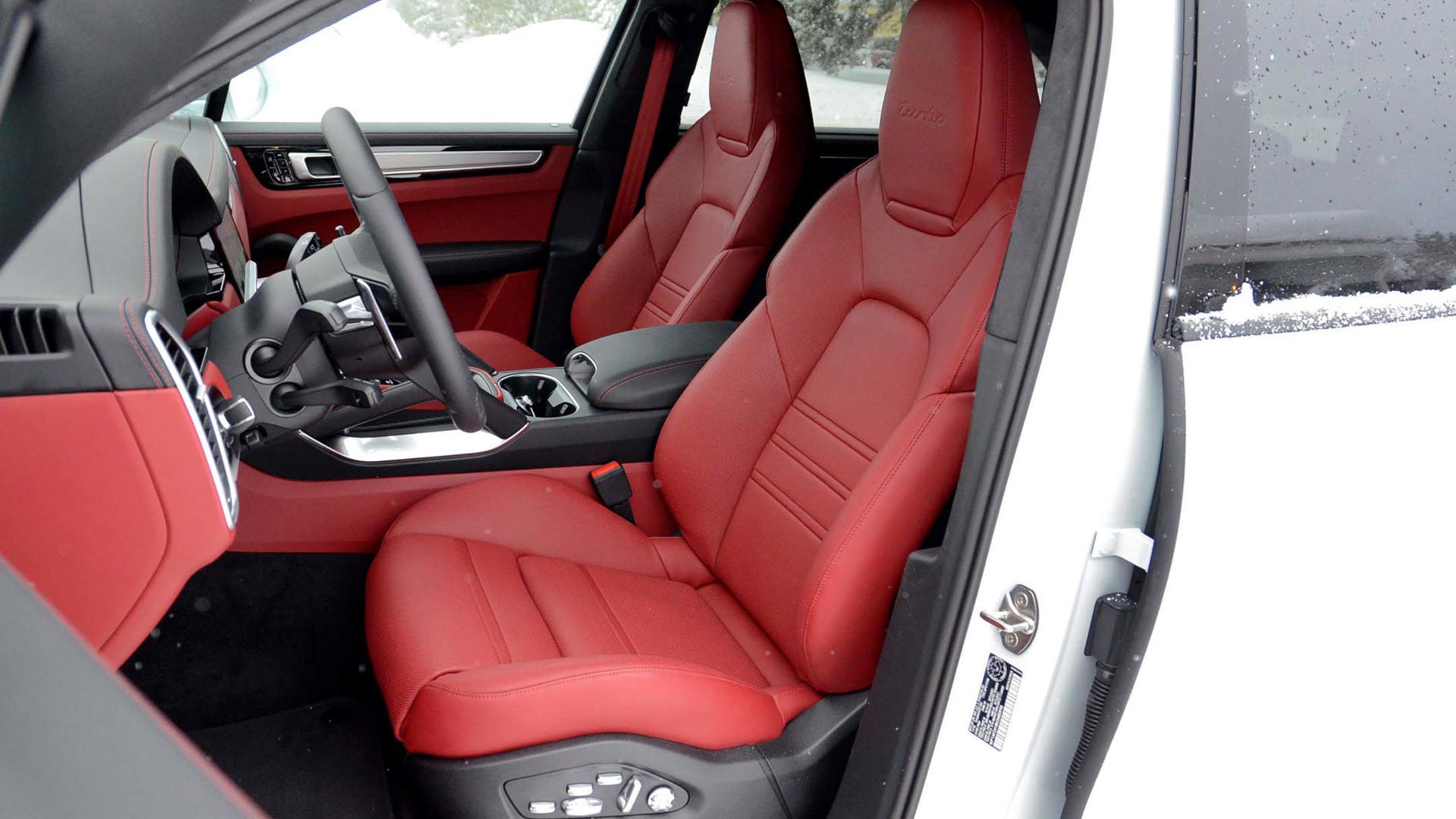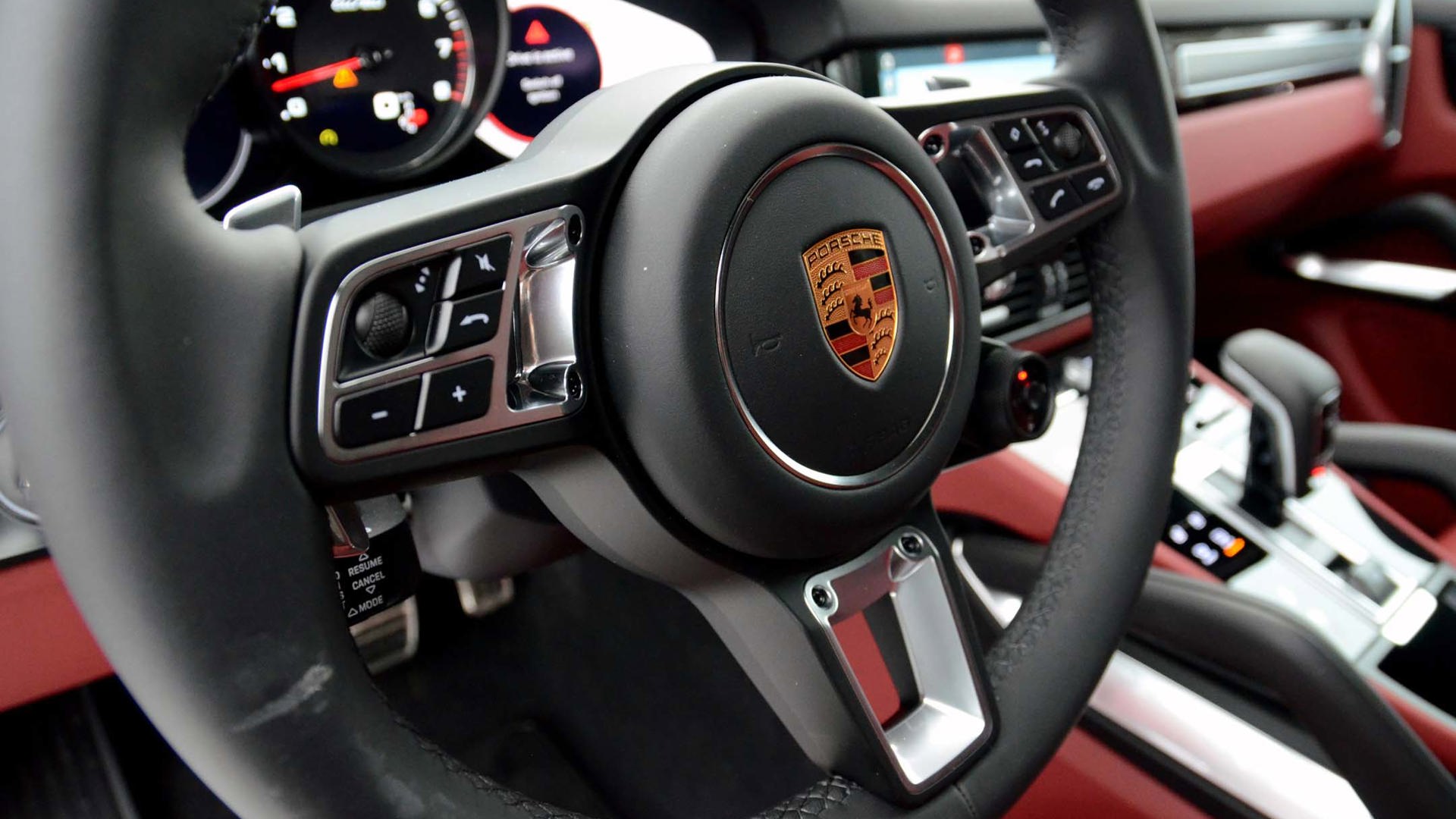The majority of autonomous vehicle (AV) development currently happens in areas where the weather is clear and sunny, and the roads smooth and clearly marked. General Motors' Cruise subsidiary is developing its prototypes in San Francisco, while Google's Waymo chose the hot, dry desert of Arizona to test most of its self-driving vans and crossovers.
That doesn't mean manufacturers are developing autonomous vehicles with only hot, dry climates in mind, though. While getting an autonomous vehicle to work in the rain or snow presents challenges, automakers and suppliers are working out ways to solve the problem.
Porsche, for example, recently acquired a minority stake in with Israeli technology start-up TriEye. The company has developed short-wave infrared sensors, which can improve an autonomous vehicle's ability to see in inclement weather conditions, such as fog or rain. It also has a unique, patent-pending design that makes it possible to manufacture short-wave infrared sensor cameras at a fraction of their current cost.
“TriEye is a promising technology company led by an exceptionally strong team with experience in the areas of nano-photonics, deep learning and the development of semi-conductor components,” said Porsche research and development boss Michael Steiner. “We see great potential in this sensor technology that paves the way for the next generation of driver assistance systems and autonomous driving functions. SWIR can be a key element: it offers enhanced safety at a competitive price.”
Additionally, Waymo recently expanded its testing operations to Miami, where it rains nearly 62 inches per year. The company said that heavy rain presents challenges for AVs, as it "can create a lot of noise for our sensors,” and also cause other road users to behave differently, confusing the vehicle's algorithm.
"Testing allows us to understand the unique driving conditions, and get a better handle on how rain affects our own vehicle movements," the company said in a statement.
Earlier this year, the Canadian federal government provided in-depth guidelines for companies that wish to test autonomous vehicles on public roads. At the time, Transport Canada Minister Marc Garneau stressed the importance of testing autonomous vehicles on Canadian roadways in varying conditions.
"For us to enjoy the benefits of highly automated vehicles, we will need to test them on our roadways, in our communities, and in our diverse Canadian climates," he said. "Facilitating these tests will require close collaboration among all levels of government and vehicle developers, to ensure that we support innovation without compromising safety."
